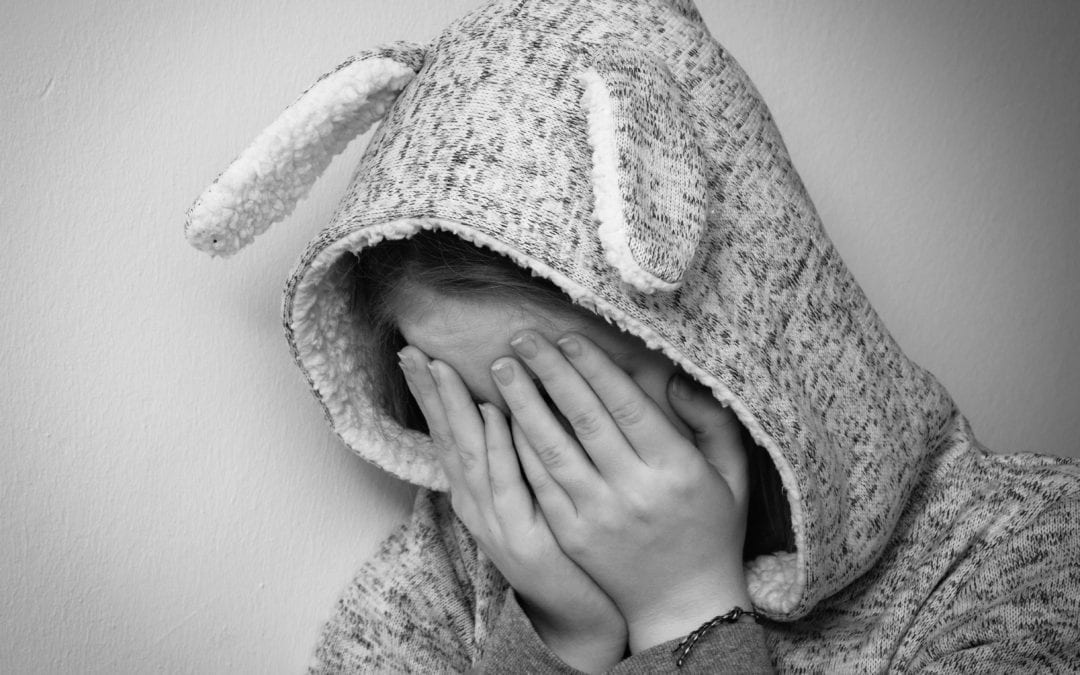It’s a Sunday evening in a local South Texas Emergency Room with the expected normal ER traffic for a weekend evening. Lots of simple traumas for a weekend: ankle sprains, abrasions, lacerations, simple falls as well as common URI (upper respiratory infection) symptoms and fevers. EMS radios in with a call of a five-year-old male with altered mental status, the patient is brought in around five minutes later and placed in an open emergency room. The patient is accompanied by an adult monitor and is triaged — vitals are taken and he is placed in a hospital gown. He has normal vitals and is deemed to be a level 3 triage secondary to his chief complaint. He was subsequently seen within 10 to 15 minutes upon arrival to the ER via EMS.
Upon entering the room, I see a small thin child lying anxiously on the bed. I begin to ask the adult monitoring the child a series of questions trying to obtain a history of the patients presenting complaints. He advises me that the child has not been acting appropriately over the last 3 to 4 hours. He has recently been placed in this detention center secondary to being removed from his father, as both he and his father were caught entering the country illegally. The patient has refused any oral intake including water or food and has not been able to communicate with any of the caregivers at the detention facility.
The monitor then told me that he is unable to reveal if he has a previous history of any significant past medical illnesses and/or surgeries or if this child takes any daily medications. The child was recently placed in the custody of this detention center by border patrol and it is unclear as to the length of his stay. He informs me that while he will be in the detention center he will continue to be separated from his father.
When questioned about possibly being able to obtain a family or past medical history from the parent, the adult monitor indicates that he is unable to contact the parent as he is unsure of the parent’s current location or where the parent is detained. I ask if there is any indication of when the parent and child will be able to see each other again or if they will be able to communicate with each other during this process. The monitor informs me that typically the children and parents are held in different facilities and are not able to communicate until decisions for their deportation are complete.
I proceed to examine the child and find an essentially normal physical exam. I try to engage the child and speak Spanish to him to allow him to communicate more freely. It is obvious that the child is afraid and concerned for what may begin to transpire.
As I have no significant past medical history and I am unable to obtain whether or not the child may have encountered any illicit drugs or medications en route, I advise the monitor that I will need to obtain some blood and urine samples from this child. He agrees and gives his consent for the appropriate lab draws. I asked the child if he has any specific food that he prefers to eat and I’m left with no response.
Working at a children’s facility I am blessed with the ability to have available child life specialists that can make lab draws and hospital stays more pleasant for young children. I ask for their help with this child’s lab draws. Following the lab draw I asked nursing to provide an appropriate food tray for this patient.
Child life engages the child in appropriate life therapy with coloring materials and bubbles. He is still quite reserved, quiet, and far less active than most typical five-year-olds would be at this stage. I check in on him a few times as we await his lab results, and I find that he had taken a few bites of some nuggets and sipped a small amount of juice. He is a little more active, but still not speaking much to either the nursing staff or his monitor.
Just short of three hours later, his labs and studies are resulted and are thankfully normal. While his behavior is deemed not normal, he is definitely not altered nor is he medically unstable. He is traumatized and scared and alone. He is having difficulty adjusting to his new environment, one that has essentially stripped him of his parent and placed him in total unfathomable situation. One full of strangers, strange foods, with unfamiliar places, and one where they barrage you with exams and needles. While I know that the labs and studies were essential to finding if this poor child had any significant malady I still felt torn by adding to his trauma.
Regardless of any political views that may have been encountered during this child’s emergency room visit, I was honored that I was able to provide a little bit of tenderness to his care. I hope that with the involvement of our excellent emergency room nurses and fabulous child life specialists that we were able to bring him just a little piece of joy and compassion while alleviating just a little bit of his anxiousness.
There is no easy answer when medicine and politics collide, and learning to juggle your own political views and doing what’s right for the patient can often seem difficult, yet we as physicians are held to the standard of doing what’s best for our patients, and to continue honoring our oath of doing no harm.





